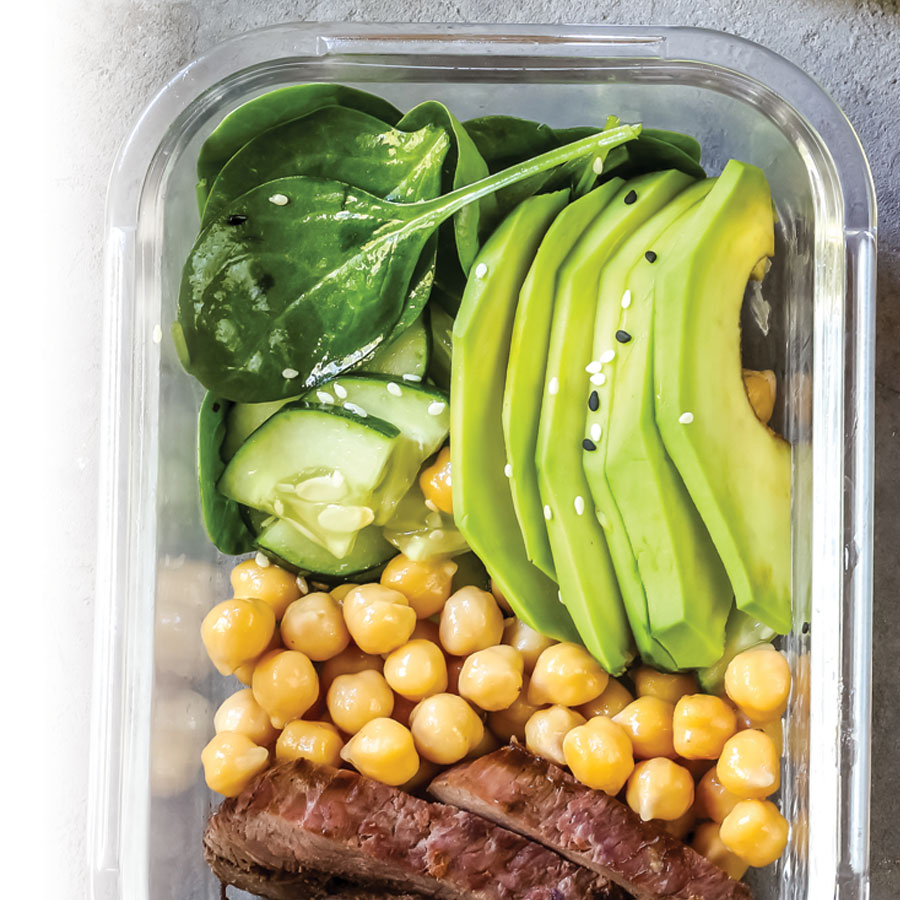Iron is an essential mineral to the body's proper functioning. See how you can ensure that it occupies its rightful place!
Iron and anemia
Iron is used to produce hemoglobin, which is needed in the production of red blood cells. Red blood cells carry oxygen to the entire body.
There are different types of anemia. Decreased iron levels in the blood can lead to what is referred to as iron deficiency anemia. This problem can lead to various symptoms such as fatigue, weakness, and pallor. Sometimes, there are no symptoms at all. Iron deficiency anemia can have various causes, including:
- over-abundant periods
- hemorrhage
- cancer
- a condition which reduces the body's ability to absorb iron (celiac disease, gastritis, bariatric surgery, etc.)
- multiple pregnancy
- childbirth
- vegetarianism
Iron and nutrition
A healthy individual with a balanced diet can usually meet his/her own iron needs through nutrition. Several foods are good sources of iron:
- meat
- fish
- poultry
- spinach
- whole grain cereal
- chickpeas
- lentils, and
- sunflower seeds
However, individuals who have an iron deficiency are not always able to meet their needs simply by changing their diet. This is why many of them must turn to supplements.
Iron supplements
Treatment of iron deficiency anemia is based on iron supplementation. Supplements, which can be administered orally or by injection, are used to increase the iron supply in the body in order to promote hemoglobin production.
Oral iron supplements are available at the pharmacy. They can be prescribed or, in some cases, bought without a prescription. Before purchasing them, it is better to obtain a diagnosis or a medical opinion justifying their use, which often require blood tests. Speak to a healthcare professional such as your pharmacist if you believe your health or situation justifies the use of iron supplements.
If you must take oral iron supplements, note the following:
- Some foods or drugs can decrease the absorption of iron by your digestive tract. Ask your pharmacist if this could be a concern in your situation. He/she may recommend that you space out taking your medications.
- Iron supplements can cause side effects such as a metallic taste, heartburn, nausea, constipation or dark stool. Speak to your pharmacist about how to lessen these effects if you are affected by them.
- Because vitamin C promotes iron absorption, it could be a good idea to take your supplement with a glass of citrus juice.
- Iron supplements are better absorbed when taken on an empty stomach. However, because they can cause digestive issues, it may be preferable to take them with food.
Remember that your pharmacist is always there to help you and to answer your questions concerning any health issues!

